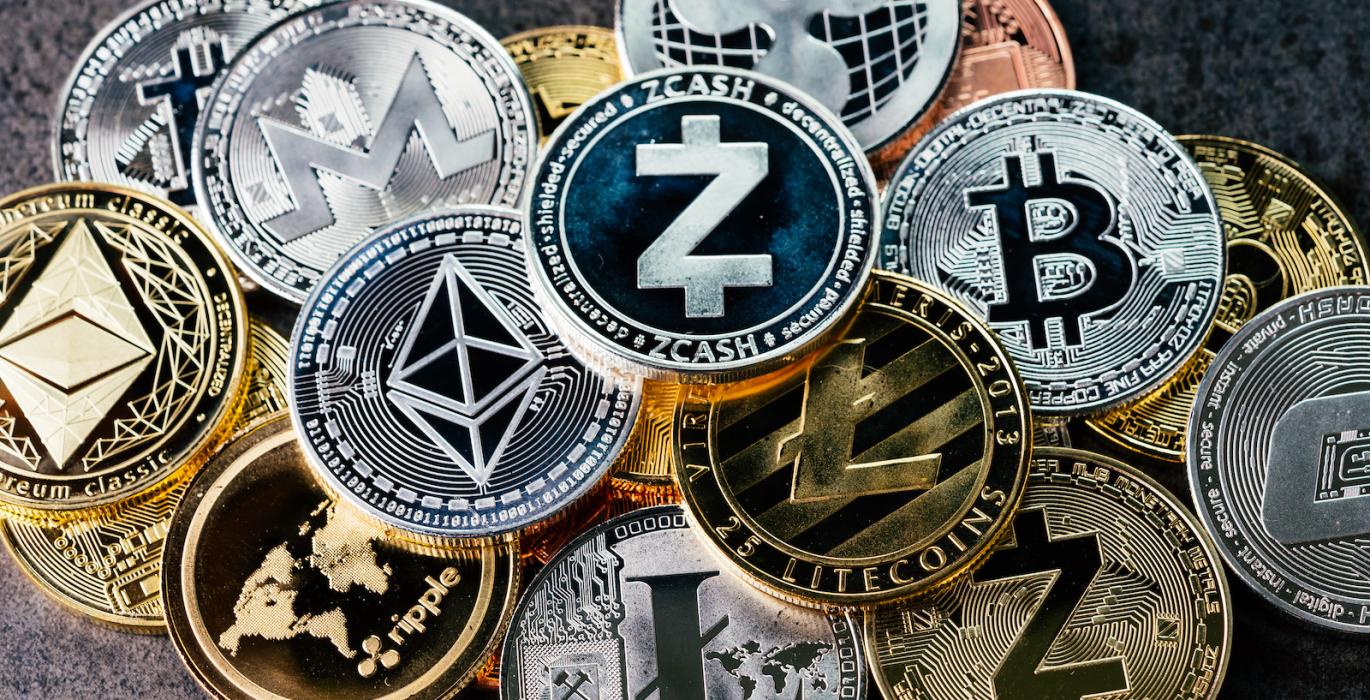Bitcoin may currently be the most talked-about cryptocurrency in the world that is built upon a decentralised peer to peer network, but countless more cryptocurrencies are grabbing attention.
What is cryptocurrency?
Understanding the foundations of Bitcoin is paramount to comparing it to the current alternatives. Cryptocurrency is digital money that is either a token or a coin. Almost every cryptocurrency is intangible, while very few are linked to credit cards. The cryptocurrency is designed to be free from government regulation, control and manipulation. With the increasing rise of bitcoin being used for illegal activities, it has been attracting a wide range of government attention to be controlled and monitored. While new cryptocurrencies are being launched and created every day, it becomes harder for consumers to understand what cryptocurrency they should use. The following two will incorporate the most important coins in relation to bitcoin;

Ethereum (ETH)
The most important alternative to bitcoin in this article is Ethereum, which is similar to bitcoin as they are both based upon decentralised software. Although what makes Ethereum different is that it has, intelligent contracts enabled, and decentralised applications can run on it with no interference from other parties like the Government. Ethereum itself runs on Ether which is a platform-specific cryptographic token. Many developers who use Ethereum mainly use it to run applications within it while investors purchase other cryptocurrencies using Ether.
The aim for Ethereiumn is for all users to be able to have a suite of financial products that anybody globally can access regardless of their background and not have anyone controlling them. In 2021, it will be a big year for Ethereum as its goal is to change the current consensus algorithm from proof-of-work to proof-of-stake. This will result in Ethereum’s network running with increased speed and run on less energy. Proof-of-stake is essential as it will allow current participants to the network to “stake” their Ether. The participants who do this will be rewarded with Ether themselves, similar to how interest accounts work. In comparison to bitcoin miners where users are only awarded once they mine more bitcoin for transactional purchasing.
Litecoin (LTC)
Litecoin is another decentralised cryptocurrency similar to bitcoin, although it functions without reliance on any centralised financial institution. Liteocin is also one of the oldest cryptos in the world, as it was created as a fork in the Bitcoin blockchain. The coin was created by a former Google employee and graduate of MIT, Charlie Lee, in 2011. His main aim was to improve upon Bitcoin to make it faster for transactions to be verified.
With Litecoin’s open-source network it uses proof of work scrypts, that can be decoded from CPUs in home computers. Litecoin also has a faster blockchain regeneration rate that can produce a faster transaction confirmation time. Currently, Litecoin doesn’t receive any attention from the media, as popularity plays a massive role within cryptocurrencies ability to be successful in the long term. Currently, in August 2021, Litecoin has a single token value of $186.21 and a market cap of USD 12.4 Billion, making Litecoin the 11th largest cryptocurrency in the world.
What else to watch out for
Before rushing into buying other cryptocurrencies, knowing the risks of any crypto is paramount as Bitcoin itself is still an extremely risky investment. While newer, smaller coins with smaller market caps are also just as risky as they have had a short time period to track. For this reason, just because a cryptocurrency sounds good or has been overwhelmingly mentioned in the media, you should not invest in it.

